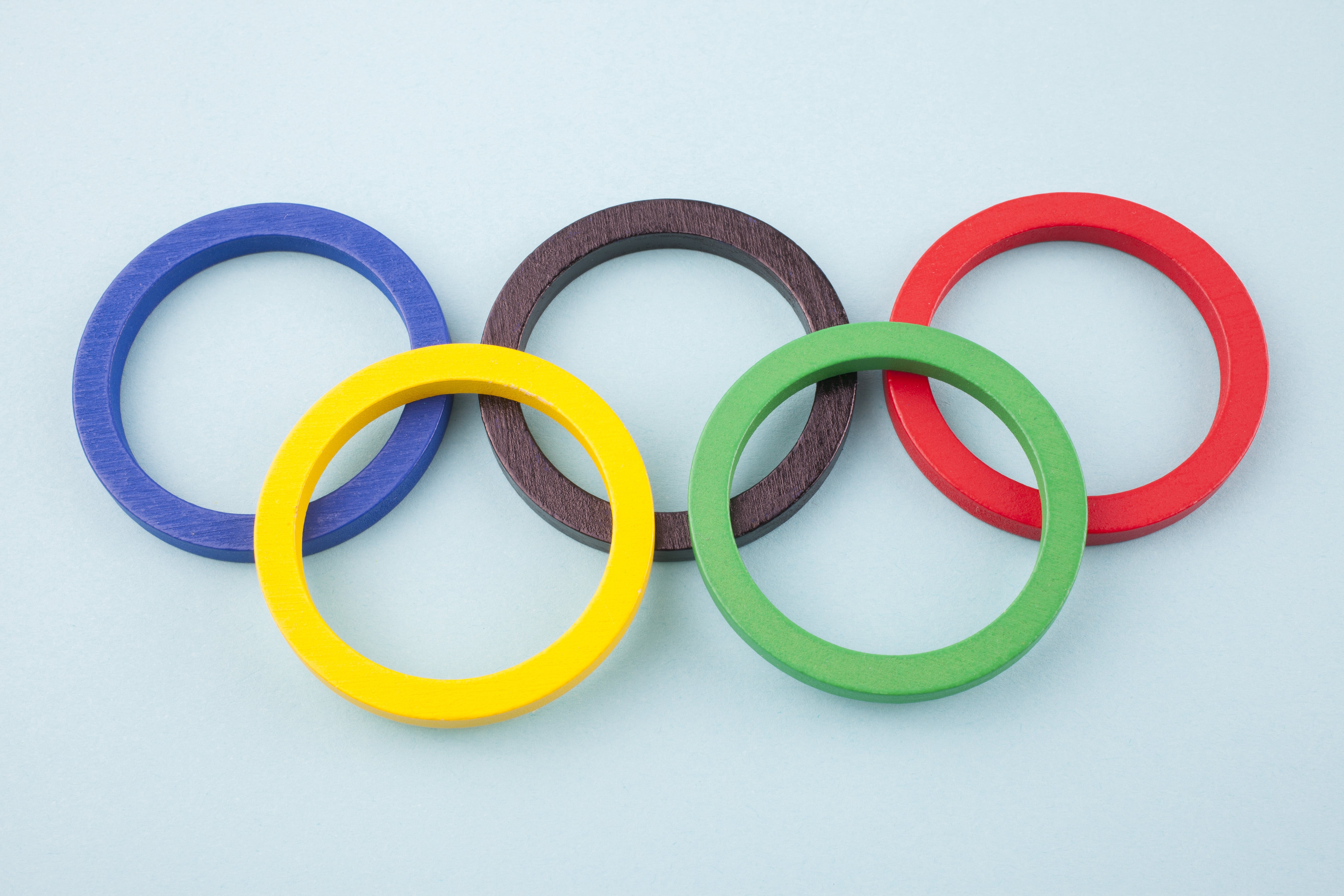[Jan] Korea’s Olympic legacy continues in Beijing
Date Jan 24, 2022
 gettyimagesbank
gettyimagesbank
●Koreans have been participating in the Olympics since 1912
●2022 Winter Olympics in Beijing marks the third Asian Olympic host city in recent years
As Korean athletes gear up for the 2022 Winter Olympics in Beijing, they may feel the burden of representing their country, as they may see themselves as the personification of the country’s advance. The Olympics are an important world event, but they are just a bit more meaningful for Korea, because the country’s national development is reflected in the history of its Olympic participation.
Korean athletes debuted at the fifth Olympic Games held in Stockholm in 1912, but their participation was overshadowed by Japan’s colonial occupation of the Korean Peninsula. Korean athletes were forced to compete under Japan’s flag for their first nine Olympics, held between 1912 and 1936. The angst many felt over this was symbolized at the 1936 Berlin Olympics in the actions of marathoner Sohn Kee-chung who was the first Korean to win a gold medal. During the awards ceremony, Sohn lowered his head in an act of humility and defiance, holding the oak sapling that he had received as a gold medalist in front of him to cover the Japanese flag on his uniform.
Korea made its official Olympic debut in 1948, participating in the Winter Games in Switzerland from January 30 to February 8, and the Summer Games in London from July 29 to August 14, which ended just a day before the official establishment of the Republic of Korea. During the Korean War, it did not participate in the 1952 Winter Olympics in Oslo, but it was part of the Summer Olympics that year in Helsinki, winning two bronze medals. The nation scored its first official Olympic gold in the 1976 Montreal Summer Olympics.
Then in 1988, after years of bidding and preparation, Seoul hosted the Summer Olympics. Korea welcomed athletes from 159 nations from September 17 to October 2, and the Games were a big success with all eyes on this small, previously little-known East Asian country. Korea had finally arrived. The period around this time saw significant democratic reforms, and South Korea opened the door to diplomacy to former Cold War adversaries. China and the Soviet Union sent delegations that included many ethnic Koreans who had been kept apart from their homeland for decades, even generations.
Korea has competed in every Olympic Games since then, winning multiple gold medals at each event. At the opening ceremonies of the 2000, 2004 and 2006 Olympic Games, the South and North Korean athletes marched in symbolically as one team.
In 2018, the country once again played host, this time to the Winter Olympics. No longer a fledgling democracy, Korea was now an advanced nation for all the world to see. The big breakthrough this time was with North Korea, which sent athletes as well as a high-level delegation, led by North Korean leader Kim Jong Un’s sister Kim Yo Jong. The Games were the start of a period of diplomatic warming between the two Koreas, as well as between North Korea and the United States. Unfortunately, the momentum had nearly fizzled out by the time of the 2020 Tokyo Summer Olympics – held in 2021due to the COVID-19 pandemic.
Going into the 2022 Winter Olympic Games, the world is faced with various conflicts and emergencies. The pandemic is approaching its third year with the Omicron variant spreading throughout the world. The United States is leading a diplomatic boycott, citing China’s human rights violations. Korea-Japan relations remain at their lowest point since liberation. And North Korea will not participate, having been banned following its refusal to join the postponed Tokyo Olympics in 2021. Could participation in the Beijing Winter Olympics, in one of Korea’s closest neighbors, lead to any further breakthroughs, either athletic or diplomatic?
**If you have any questions about this article, feel free to contact us at kocis@korea.kr.**

The Ministry of Culture, Sports and Tourism's "Korea Here & Now" work can be used under the condition of "Public Nuri Type 1 (Source Indication)."




